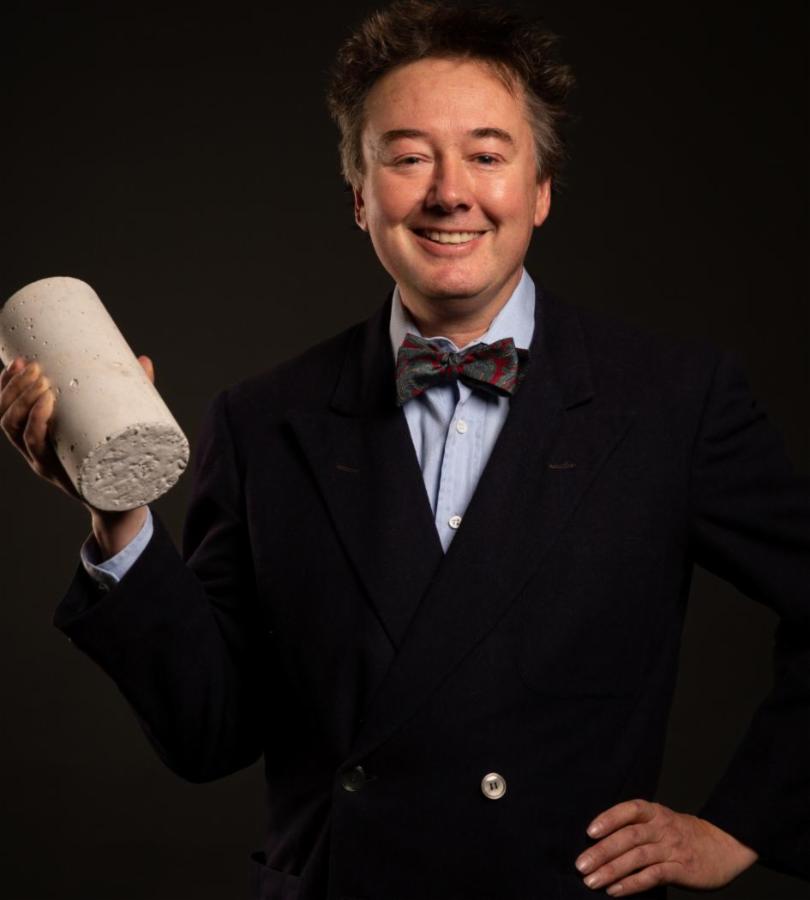Our Civil and Natural Resources at UC is ranked in the top 100 worldwide Civil Engineering departments. We have an international reputation that is the envy of other universities.
From earthquakes to renewable energy, researchers across all our disciplines are among world leaders in developing new technology and responses. We have many active research groups including groups in Geotechnical Engineering, Hydrological and Ecological Engineering, and Earthquake Engineering.
The UC Quake Centre (UCQC) is a dynamic partnership between the New Zealand Government, the University of Canterbury, and several leading industry groups, all working together in the engineering sector to provide world-class knowledge, research and solutions to seismic issues.




















